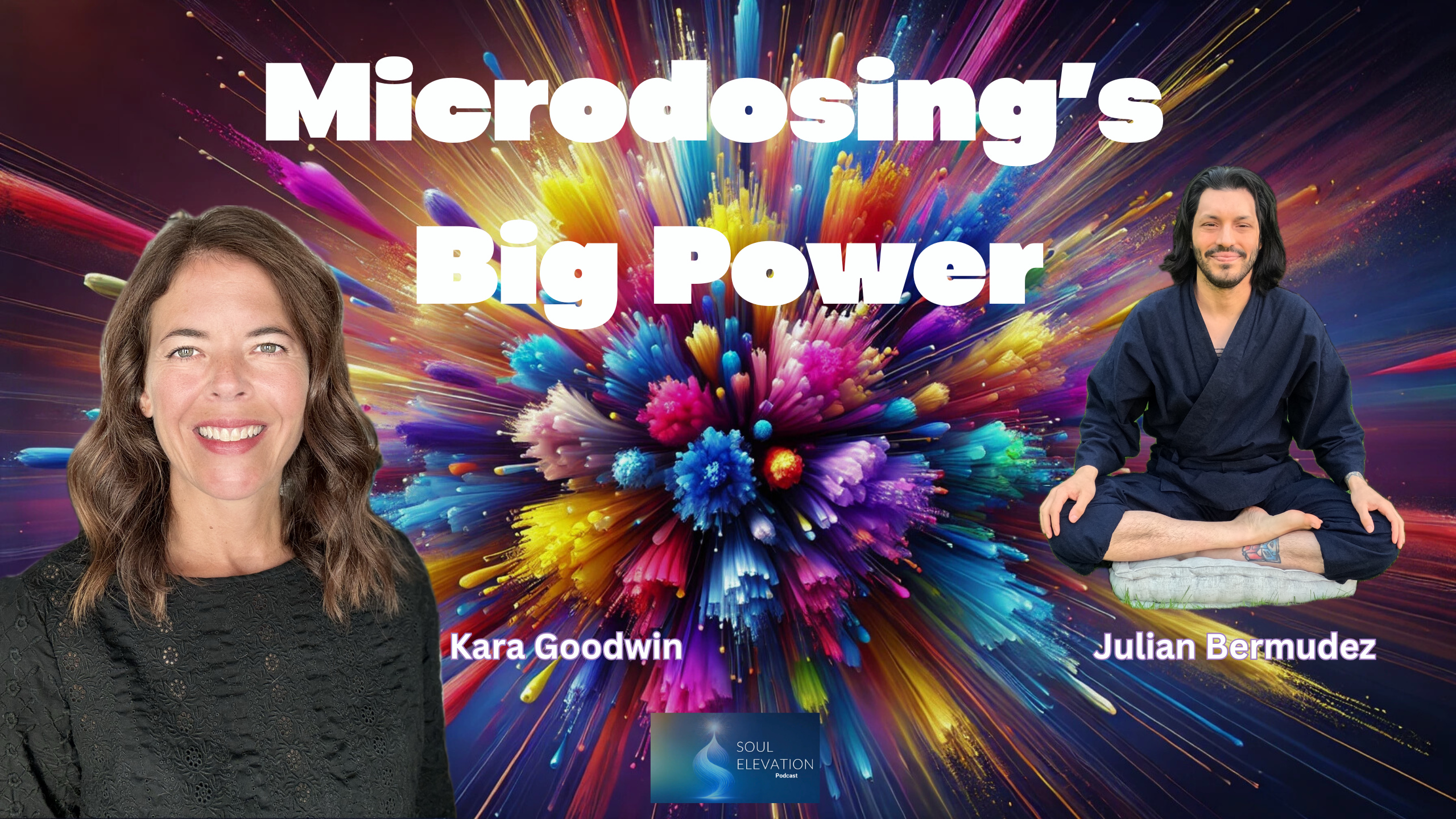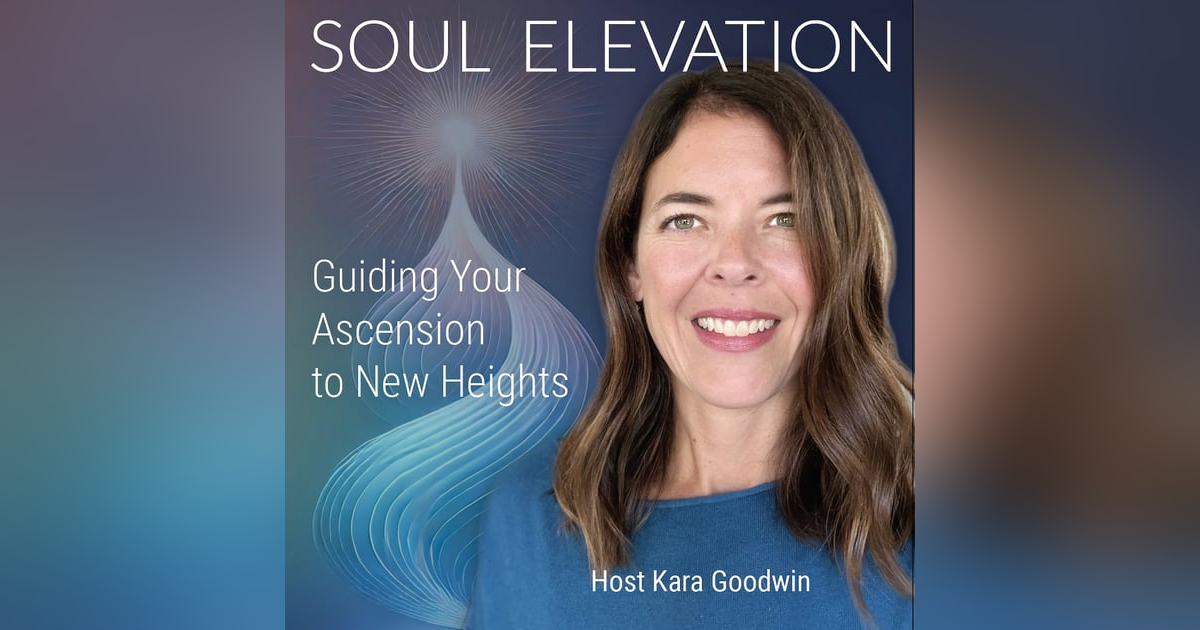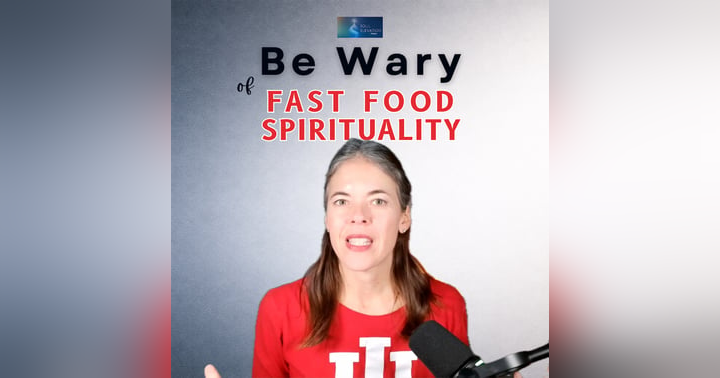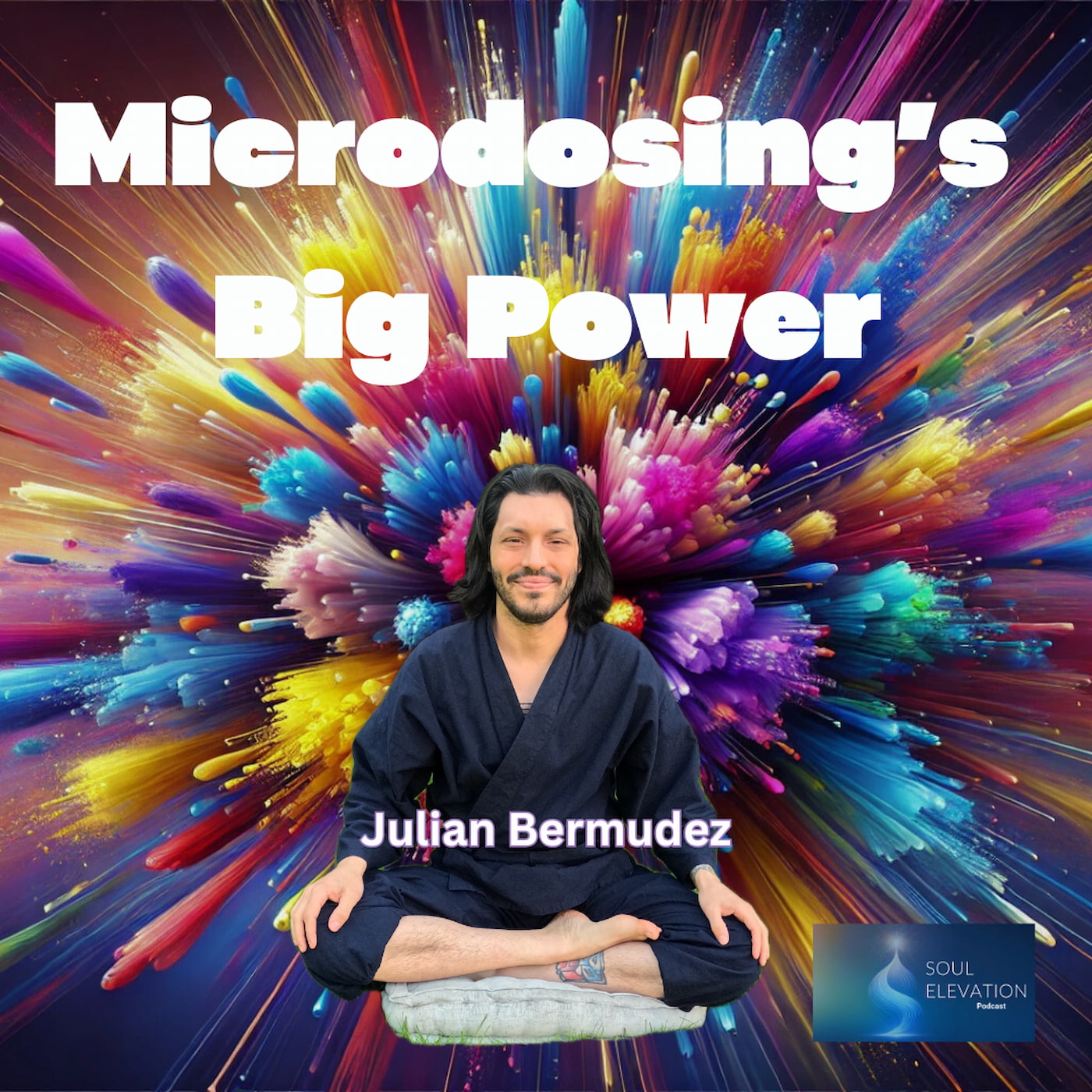🌌 Trauma Healing & Psychedelics: Rediscovering Wholeness | Julian Bermudez

In episode 518 of the Soul Elevation Podcast, I sit down with therapist and guide Julian Bermudez for a powerful conversation about trauma, survival patterns, and the role psychedelics can play in healing and awakening.
If you have ever struggled with anxiety, disconnection, a busy mind, or a sense of not being good enough, this conversation offers a compassionate and deeply insightful perspective on what is really happening underneath the surface.
Julian’s work is grounded, intuitive, and heart centered. He supports people through trauma, identity exploration, and psychedelic integration, and his approach blends modern therapeutic insight with timeless wisdom.
One of the first things Julian and I explore is a reframe of what trauma actually is.
He shares that trauma is not simply the painful event itself. Instead, trauma is what happens inside of us as a result of what took place. It is the adaptation that forms in our nervous system and psyche when we encounter experiences that are too overwhelming, too unsafe, or too unsupported for us to process at the time.
This can include obvious painful experiences such as:
Abuse of any kind
Loss of a parent or caregiver
Incarceration, illness, or instability in the family system
But it also includes more subtle and socially accepted experiences, such as:
Parents being advised not to pick up their crying baby
Caregivers who are emotionally distant or overworked
Environments where a child’s feelings are minimized, ignored, or ridiculed
Even if our parents loved us and did their best, we may have experienced emotional needs that did not get met. What forms in those moments is not just “hurt.” What forms is a survival strategy.
The Two Core Survival Patterns: Disconnection and Unworthiness
Julian explains that trauma often gives rise to two core adaptations that show up again and again.
1. Disconnection from ourselves
To survive overwhelming experiences, many of us learn to disconnect from our inner world. We may:
Numb our feelings
Stay in our heads with a busy, overactive mind
Lose touch with what we truly want or need
Struggle to be present in the moment
This disconnection can look like multitasking, constant busyness, overthinking, or being unable to slow down without feeling uncomfortable. In modern culture, this pattern is not only normalized, it is rewarded. Being busy and productive is often seen as a sign of worth and success, which keeps the pattern going.
2. A deep belief of “I am not enough”
Alongside disconnection, Julian often sees a core belief that sounds like:
I am not good enough
I am not worthy of love
I do not deserve care unless I earn it
I have to be strong and do everything myself
I must take responsibility for everyone else’s emotions
As children, it is often safer to believe “something is wrong with me” than to face the reality that the adults around us are unable or unwilling to show up in the way we need. That belief becomes an adaptation that helps us make sense of our world.
In the short term, these patterns help us survive. In the long term, they create suffering.
Recognizing the Pattern Is the First Step
One of the most important pieces in this episode is the reminder that healing begins with awareness.
Julian and I talk about how difficult it can be to see our own patterns when we are living inside them. The busy mind will often justify, rationalize, and explain away our behaviors. It will say things like:
This is just the way I am
I have always been like this
This is what it takes to be successful
Yet beneath the story, there is often tension in the body, emotional pain, and a sense that something is off.
Julian draws on practices like the RAIN process and the Four Noble Truths to emphasize that the first step is simply acknowledging the suffering that is present. When we recognize and name the pattern, we create just enough space to relate to it differently.
Many of us respond to our patterns the same way we were treated in childhood. We exile parts of ourselves. We judge, criticize, and shame the aspects that feel “too much,” “too sensitive,” or “too needy.”
Julian invites a very different approach.
Instead of trying to get rid of the pattern, we learn to:
Recognize it
Accept that it exists
Get curious about it
Ask what it needed when it first formed
This is not about endorsing harmful behavior. It is about understanding that the pattern was once an intelligent response to pain. When we soften toward it, we can finally begin to meet the part of us that is hurting.
Questions Julian suggests include:
Where do I feel this in my body?
How often does it show up?
When do I remember first feeling this way?
What did that younger version of me need that they did not receive?
Over time, we shift from abandoning ourselves to nurturing ourselves.
Psychedelics as a Tool for Healing and Integration
In the second half of our conversation, we explore the role of psychedelics in trauma healing and spiritual awakening.
Julian describes psychedelics as powerful tools that can:
Expand awareness
Reveal unconscious patterns
Soften rigid defenses
Support new neural pathways to form
In a psychedelic experience, we may see our life from a completely different angle. We might understand our parents’ limitations more deeply, recognize intergenerational trauma, or feel a direct connection to a greater, loving intelligence that has been with us all along.
This can open the door to compassion, forgiveness, and a sense of belonging that goes beyond the rational mind.
At the same time, Julian is very clear that psychedelics are not the only path. Meditation, nature immersion, breathwork, and other contemplative practices can lead to similar states of expanded consciousness. The key is the relationship we build with ourselves and the patterns we are healing.
Julian shares that he has facilitated deep psychedelic journeys, but is currently focusing more on microdosing and integration work.
Instead of a single peak experience followed by a return to a chaotic life, microdosing allows people to:
Engage with subtle shifts over a longer period
Stay in their everyday environment while working with their patterns
Integrate insights in real time, in real relationships
Build sustainable practices that support ongoing growth
Microdosing paired with therapy or coaching can help people gently bring awareness, compassion, and choice into their daily lives. This is where real transformation takes root.
The Mycelial Network and the Intelligence of Nature
One of my favorite parts of this conversation is our exploration of the mycelial network and how it mirrors the unseen connections within our own psyche and the collective.
We talk about:
How mushrooms and mycelium are everywhere, silently interconnecting ecosystems
The intelligence and efficiency of fungal networks, even being used as inspiration for human transportation systems
The way psychedelic experiences often reveal that we are already immersed in a living, conscious field of intelligence
For me, and for many others who have worked with these medicines, there is often a sense of cosmic humor in this. We go through all this effort to “find” something, only to realize that the presence, beauty, and wisdom we are seeking has been surrounding us all along.
Julian and I also touch on the initiatory nature of psychedelic experiences and deep healing work.
In many traditional cultures, rites of passage were built into the fabric of life. Young people would undergo guided initiations that prepared them for adulthood, responsibility, and spiritual maturity.
In modern Western culture, many of these structures are missing. Psychedelic experiences, when held with respect, intention, and proper support, can act as a kind of initiation into a deeper relationship with self, others, and life itself.
Julian reminds us that being human is incredibly brave. Our souls choose to experience limitation, amnesia, and challenge, and yet we continually rise, learn, and evolve.
Listen to the Full Episode
This conversation with Julian Bermudez is rich, grounded, and very human. We cover trauma, survival patterns, meditation, psychedelics, microdosing, the mycelial network, and what it truly means to come home to yourself.
If this topic speaks to you and you want to deepen your spiritual journey, I invite you to explore the resources I have created to support you:
🌱 My book: Your Authentic Awakening: A Guide to Every Day Spiritual Living
🧘♀️ Free meditations to calm your nervous system and reconnect with your true self
🔺 Sacred Geometry course to help you engage with high vibrational patterns in a practical way
🌟 Summits and workshops where you can gather with like hearted souls in real time
You can find all of these at:
👉 karagoodwin.com
If this episode resonates, please share it with someone who may be carrying unhealed trauma or who is curious about the healing potential of psychedelics. These are the conversations that quietly change lives and elevate collective consciousness.











